27th Session of the OSS Strategic Orientation Committee, Tunis, January 28, 2025
Held on January 28, 2025 in Tunis, the 27th session of the Strategic Orientation…
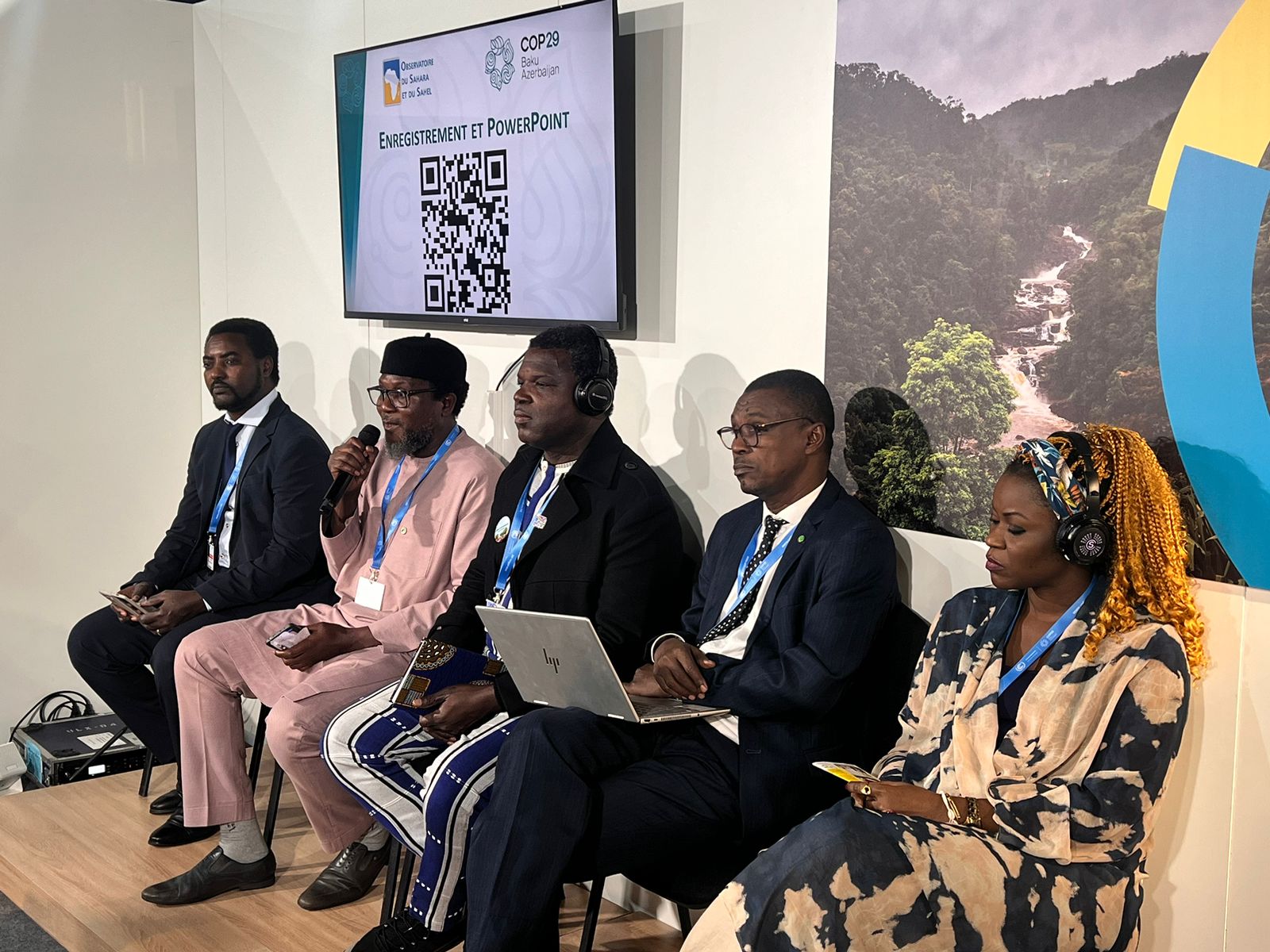
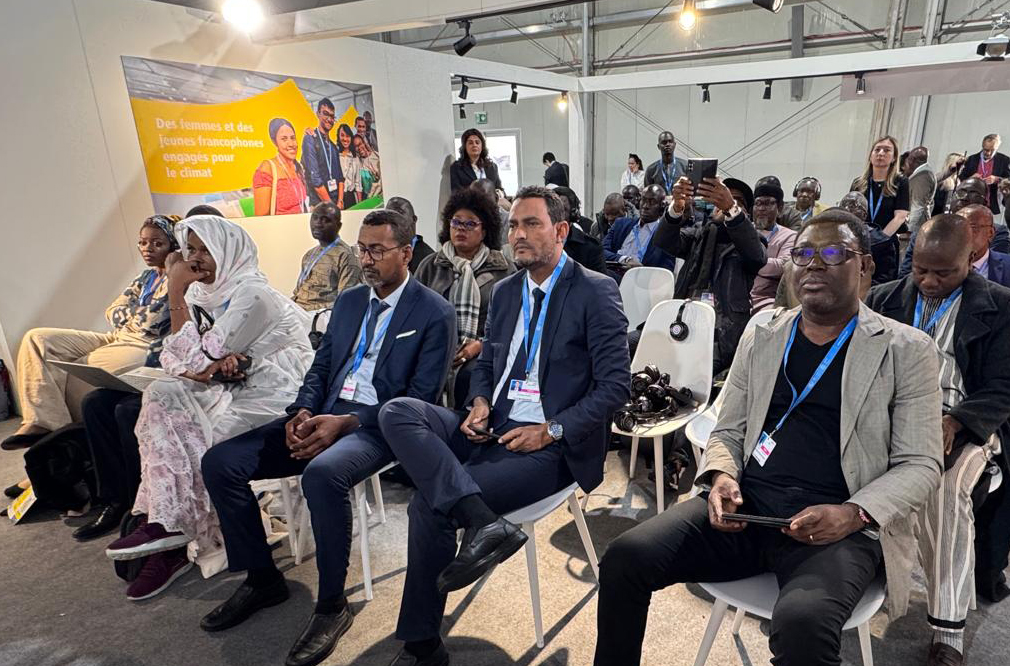
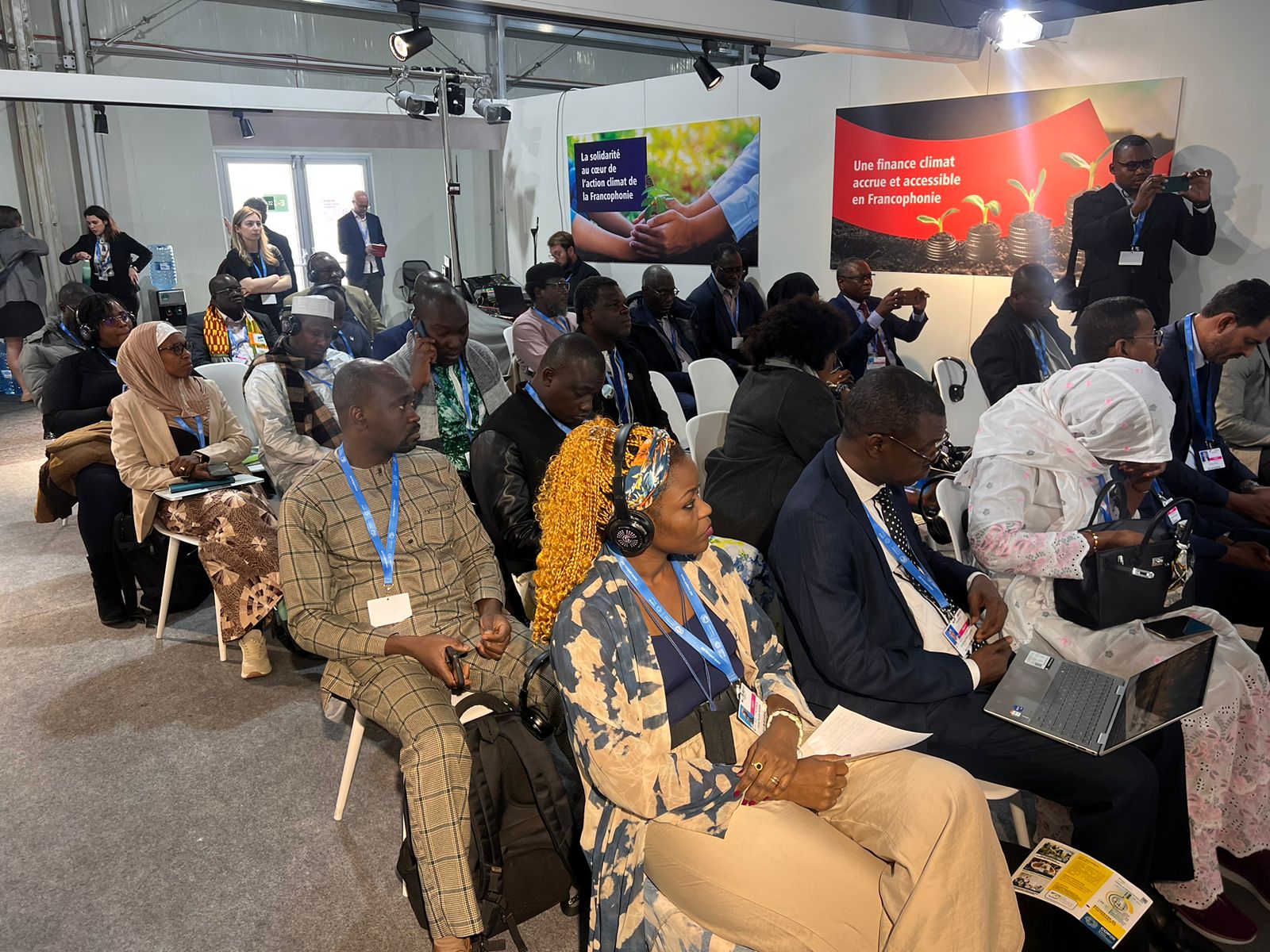
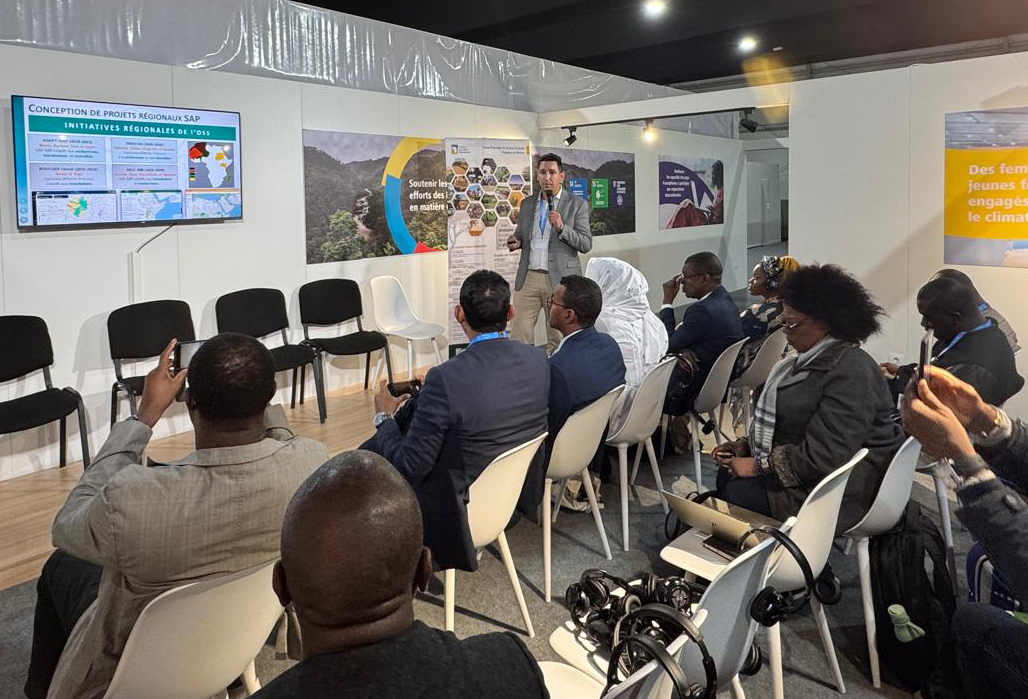
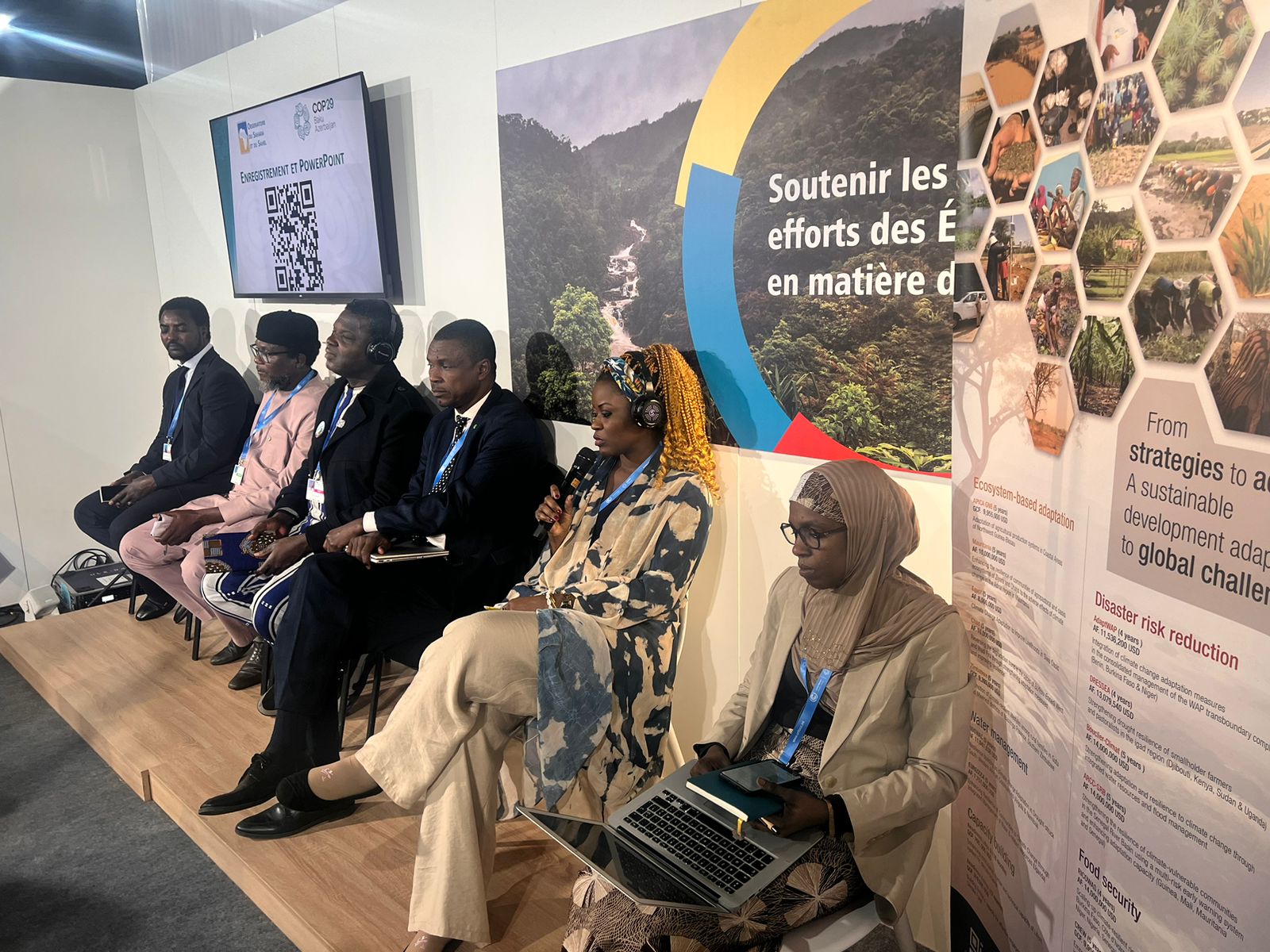
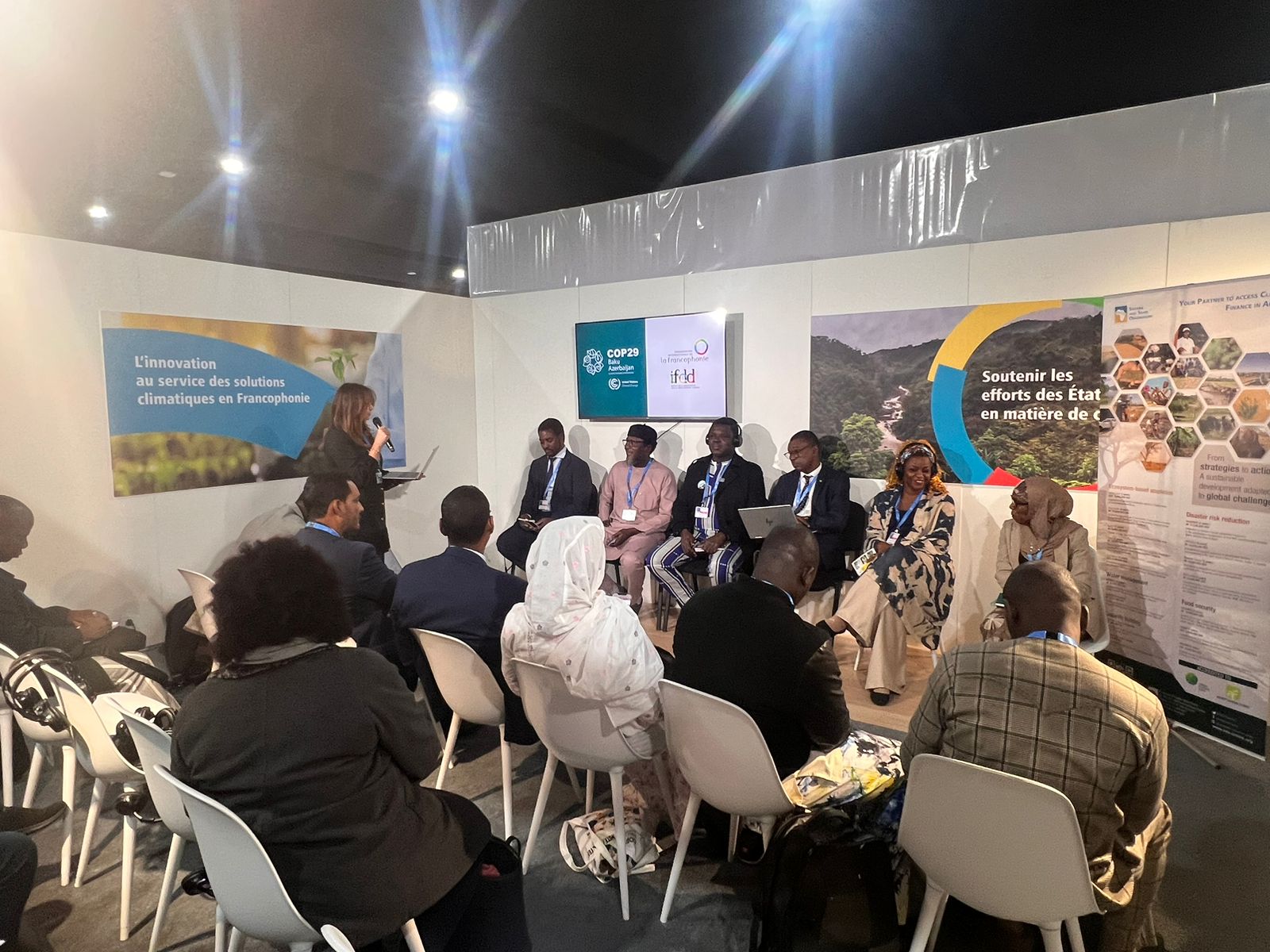
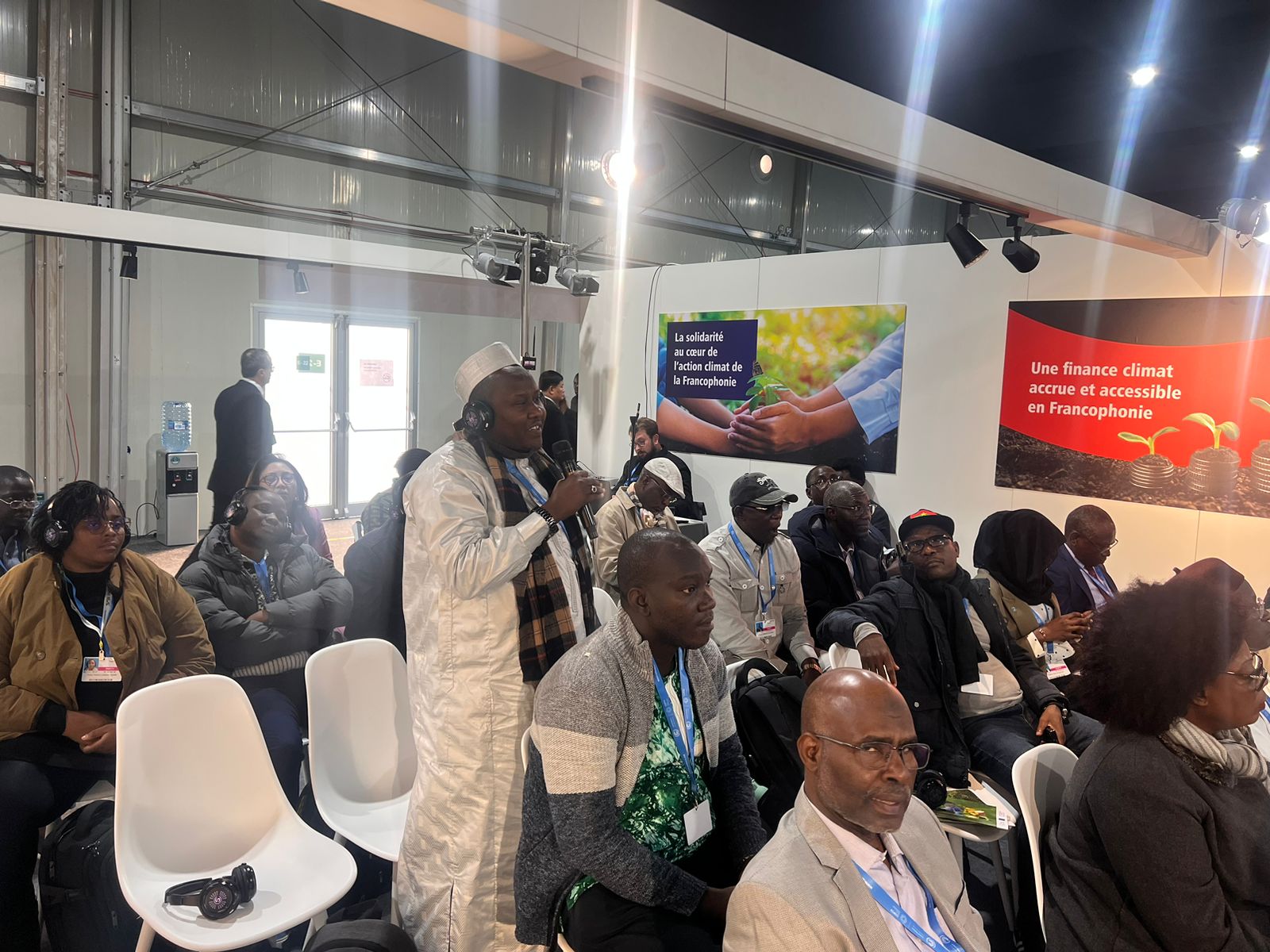
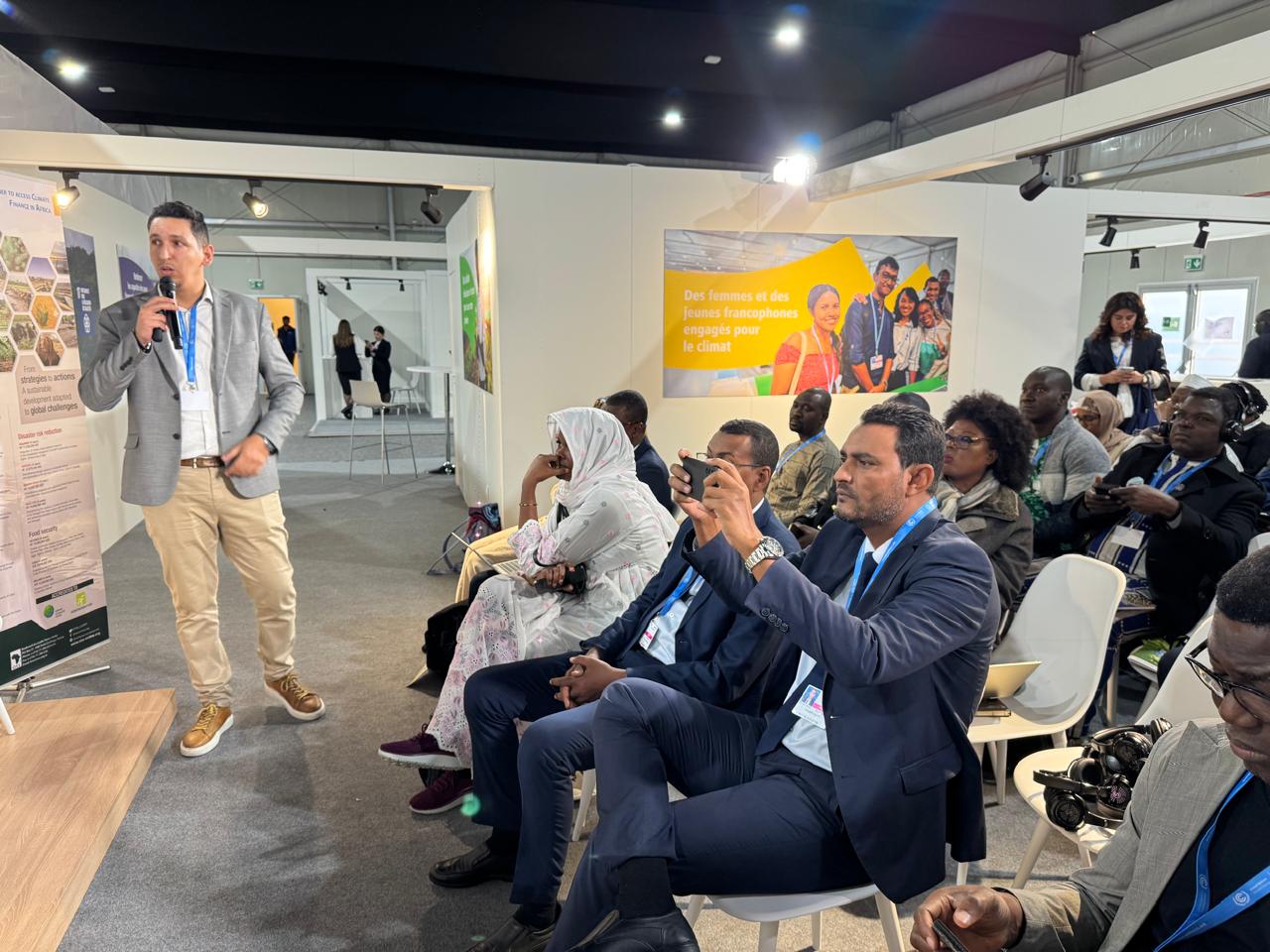
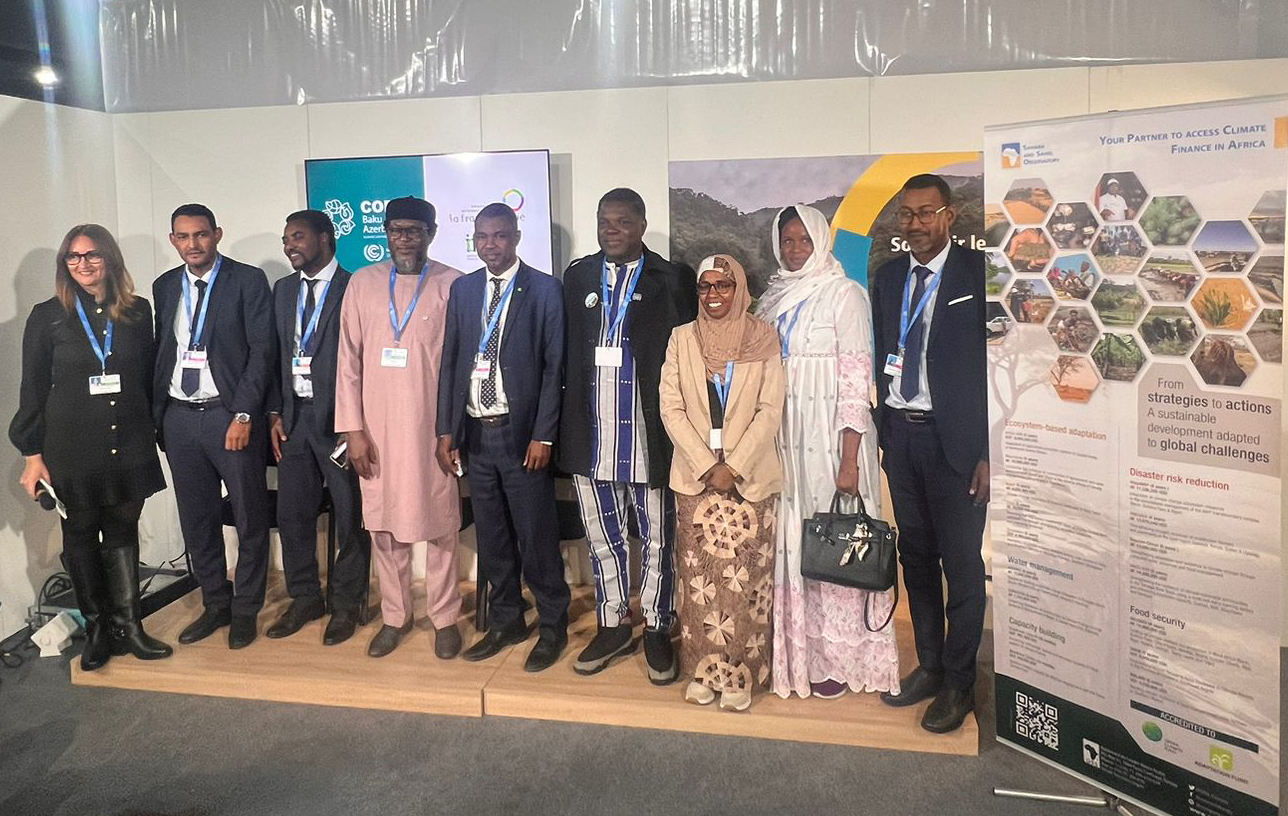
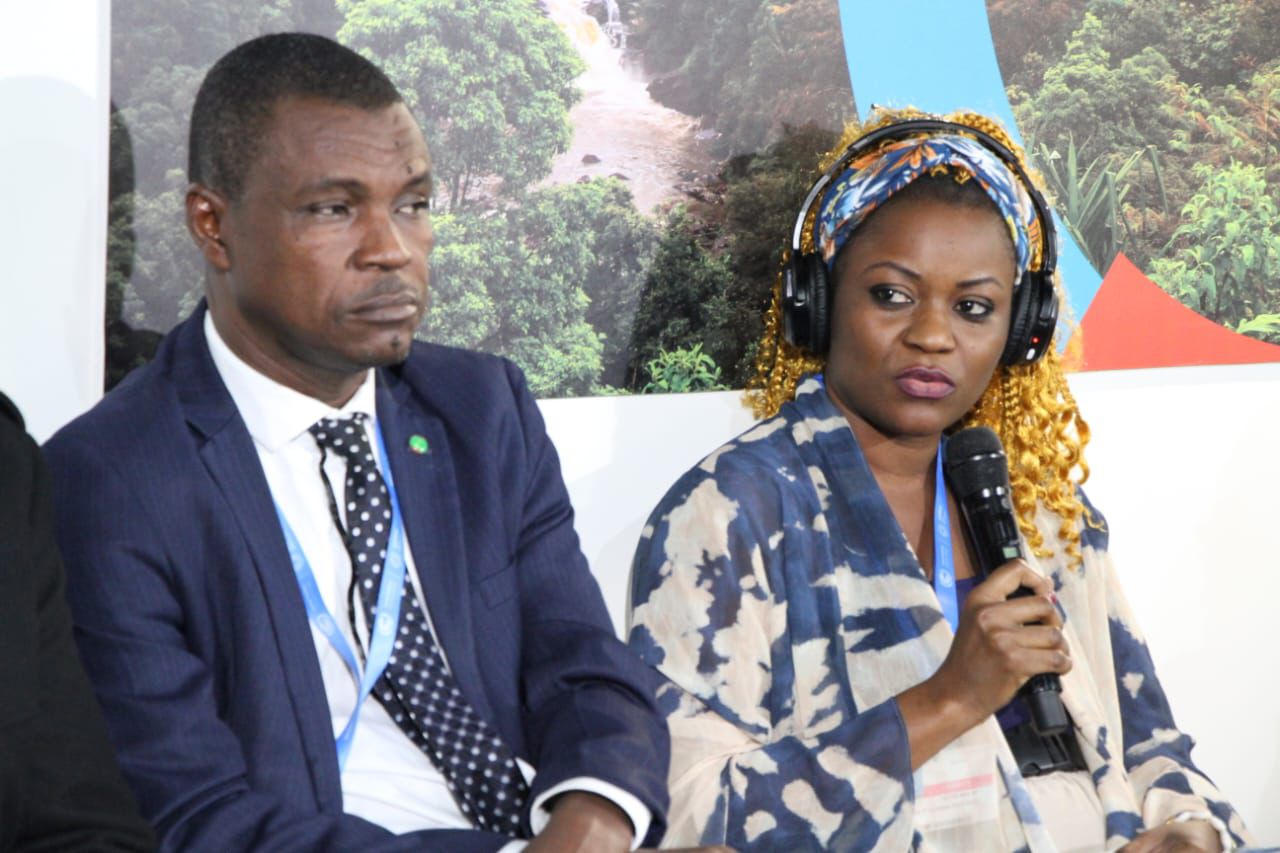
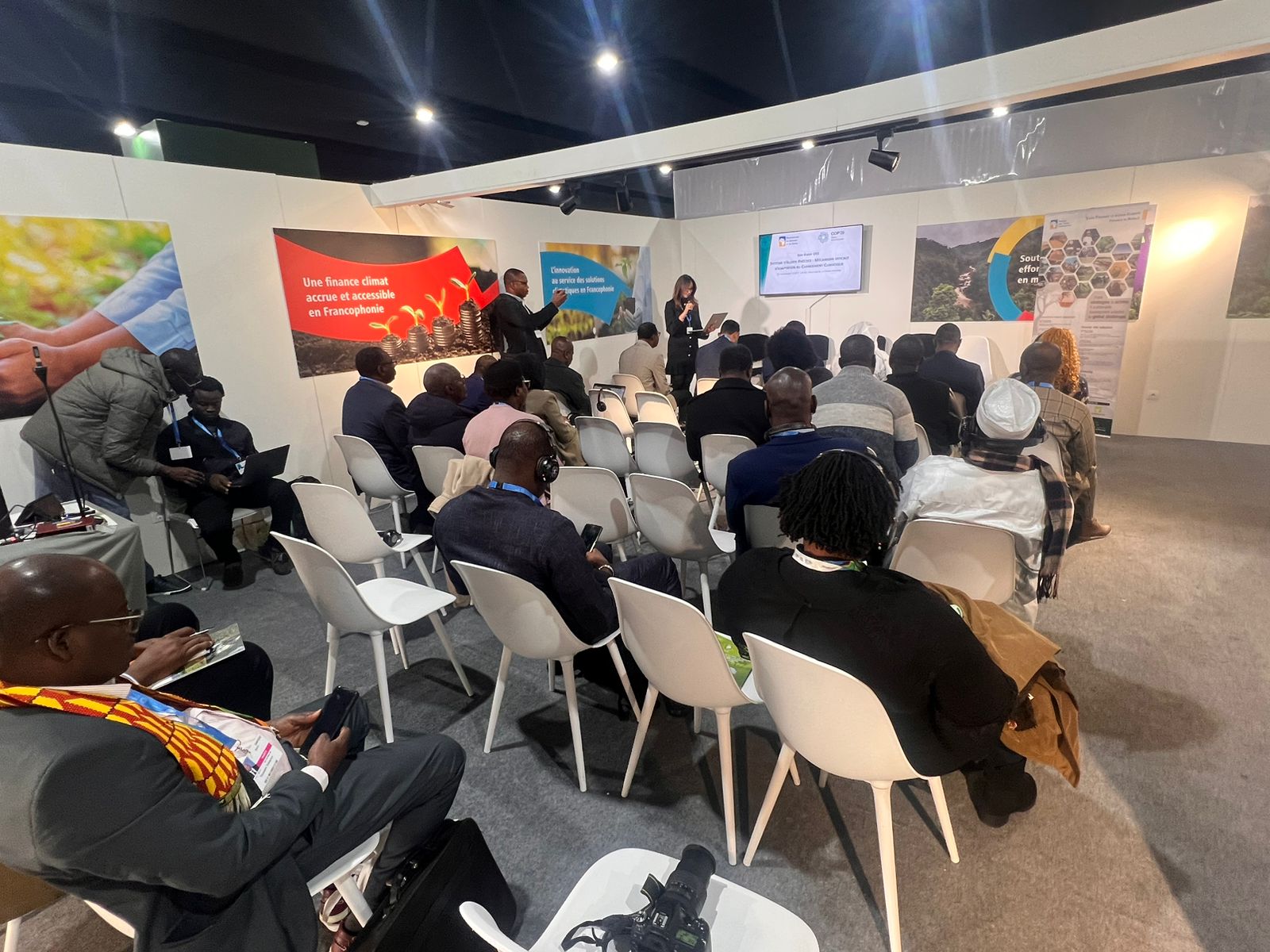
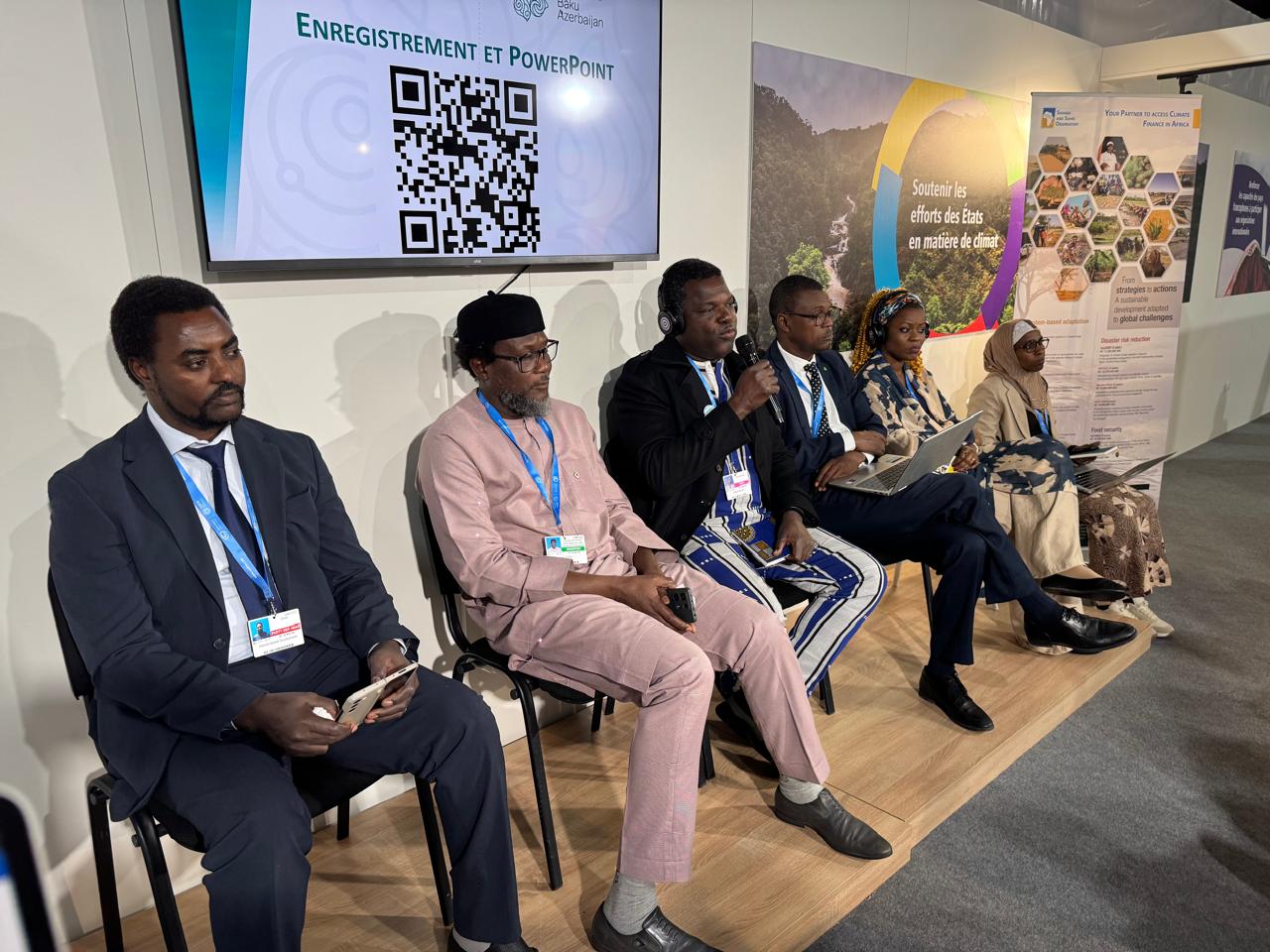
The OSS side event on “Early Warning Systems: An Effective Mechanism for Climate Change Adaptation”, was held at the Francophonie Pavilion to discuss the key role of early warning systems (EWS) in building resilience to the impacts of climate change.
The purpose of this meeting was to exchange knowledge, identify challenges, improve coordination at different levels, and share feedback from the represented countries.
In her opening remarks, Ms. Khaoula Jaoui, OSS Climate Department Director, highlighted the importance of collaboration between all stakeholders to strengthen EWS and risk management.
Mr. Aziz Belhamra, Project Management Officer at the OSS, shared several important figures regarding the damage caused by extreme weather events in Africa. He reminded that floods in West and Central Africa have affected more than 7 million people. He also highlighted the severity of drought in Southern Africa, exacerbated by the El Niño phenomenon, which has had major repercussions on the food security and livelihoods of nearly 20 million people in 2024. In addition, he gave examples of projects carried out by the OSS in the framework of the EWS establishment, highlighting the solutions that these systems can provide to mitigate the impacts of such natural disasters.
Discussions proceeded with interventions from panelists representing regional, national institutions and civil society Organizations.
Dr. Abdou Ali, Head of the Climate, Water and Weather Department at the Inter-State Committee for Drought Control in the Sahel (CILSS), highlighted the prerequisites for ensuring the EWS effectiveness in the Sahel region. He stressed three key factors: reliable information, in-depth knowledge of the vulnerability profiles of the affected areas, and solid institutional organization supported by effective communication mechanisms. He also discussed the challenges and opportunities offered by increasing climate pressures, including initiatives such as the “Early Warning System for All” program.
Mr. Joel Zougrana, Director General of the National Meteorological Agency of Burkina Faso, shared lessons learned from the 2024 floods, highlighting the crucial role of EWS in mitigating the impacts of natural disasters. He said that despite the establishment of sectoral systems, their coordination remains a major challenge, limiting their overall effectiveness. He also called for enhanced inter-institutional collaboration, like projects such as Hydrome, which promotes an integrated approach to improve climate risk management.
Mr. Mohamed Mahmoud Ba, Director General of the National Meteorological Office of Mauritania, described the country’s EWS experience. He explained how the meteorological service uses a network of synoptic and maritime stations to monitor climate conditions and communicate alerts to different target groups, especially in rural areas, and stressed the importance of inter-institutional coordination to improve the effectiveness of the warnings and alerts.
Mr. Hamid Abakar Souleymane, Deputy Director General of National Meteorology of Chad, presented the country's efforts to improve climate risk management, including automating synoptic stations and developing an early warning system to prevent floods and droughts. Ms. Ache Tahar Sougoudi, Deputy Director General of Water Resources and Regulation, shared their endeavor to improve water resources management to face climate disasters.
The President of the Pauly Afrique Bio (NGO), Ms. Paulette Atchade Savimbi, emphasized the role of EWS in protecting vulnerable rural communities, particularly in the agriculture and livestock sectors. She said civil society Organizations play a key role in raising awareness and managing water resources, but challenges remain in terms of coverage and coordination. She stressed the need to build technical capacities and strengthen coordination among the stakeholders.
The event ended with an interactive session with the audience, which highlighted the importance of including communities in warning systems. Speakers said that local knowledge can significantly improve the accuracy of the forecasts, in addition to weather data. Examples of collaboration between technical and community structures were shared, including in Burkina Faso and Benin, where systems combine weather forecasts with local observations to strengthen climate risk management.
Held on January 28, 2025 in Tunis, the 27th session of the Strategic Orientation…
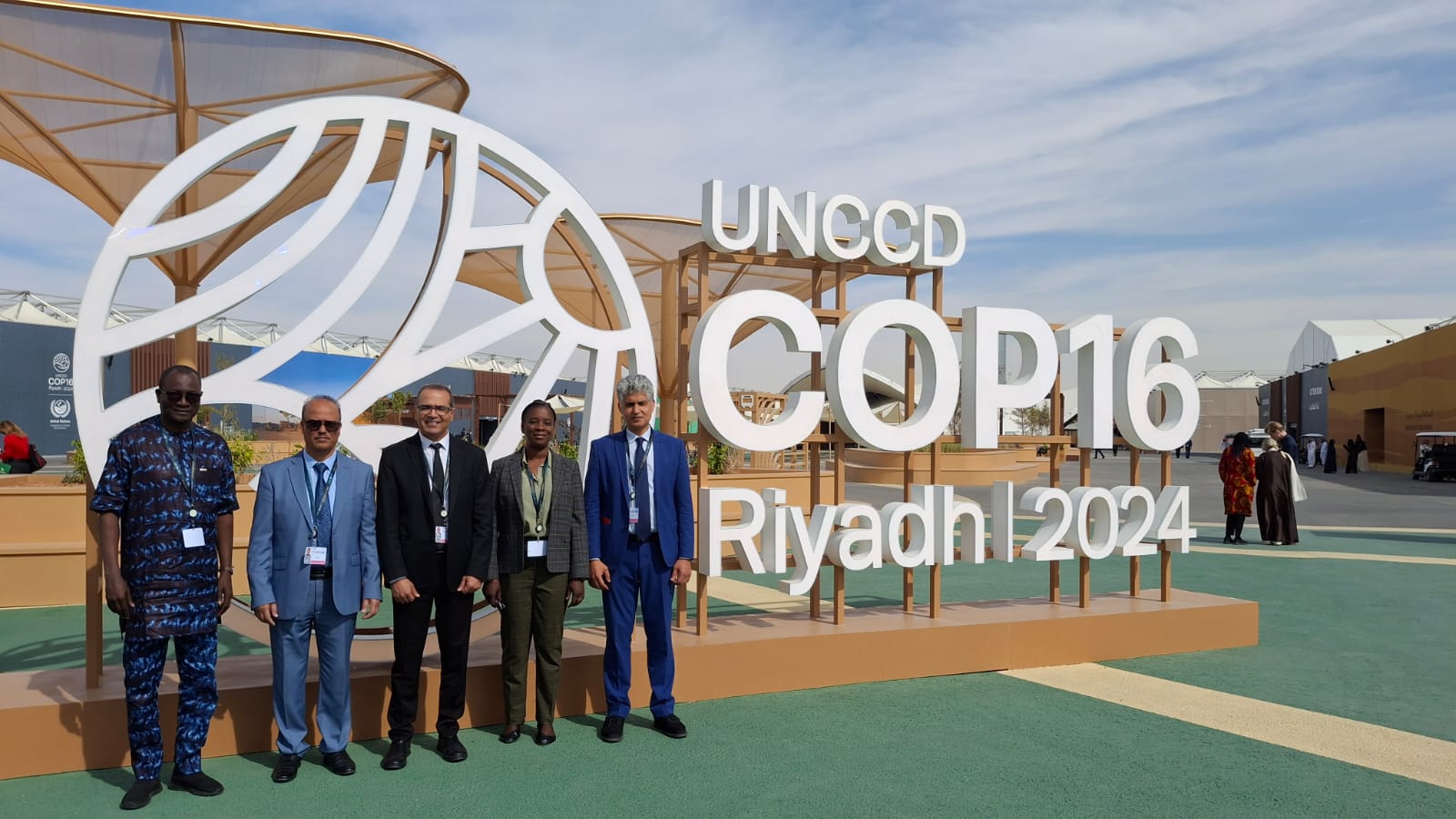
The participation of the Sahara and Sahel…
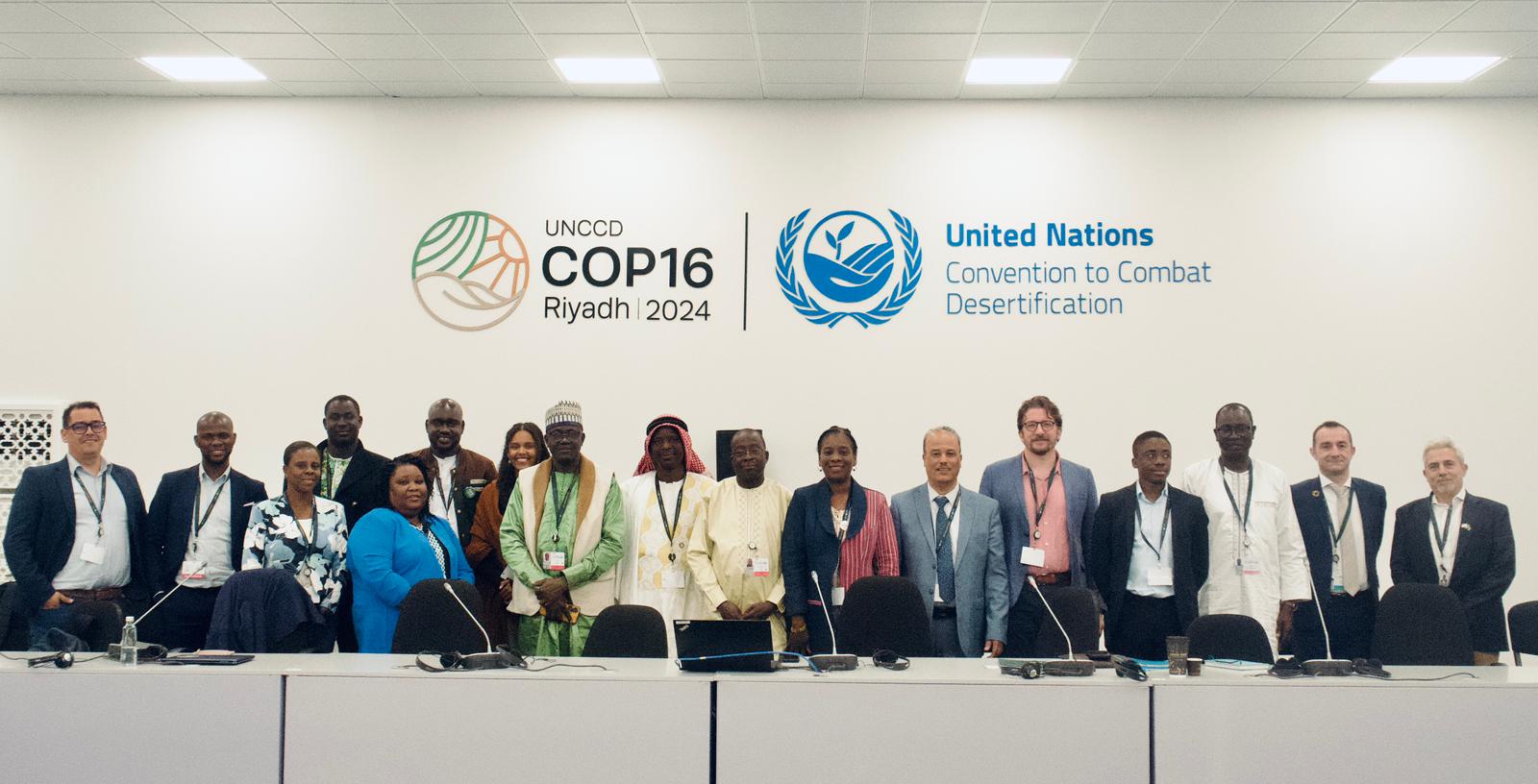
OSS Side Event at COP16: Strengthening Resilience in the Sahel through Multi-…